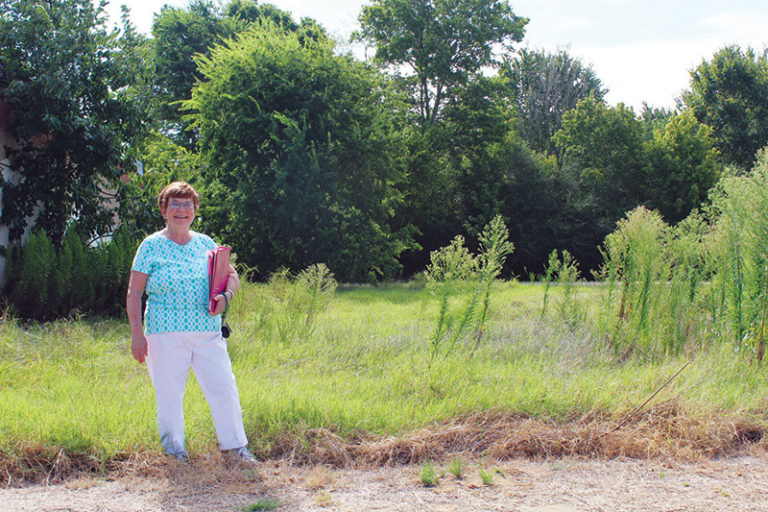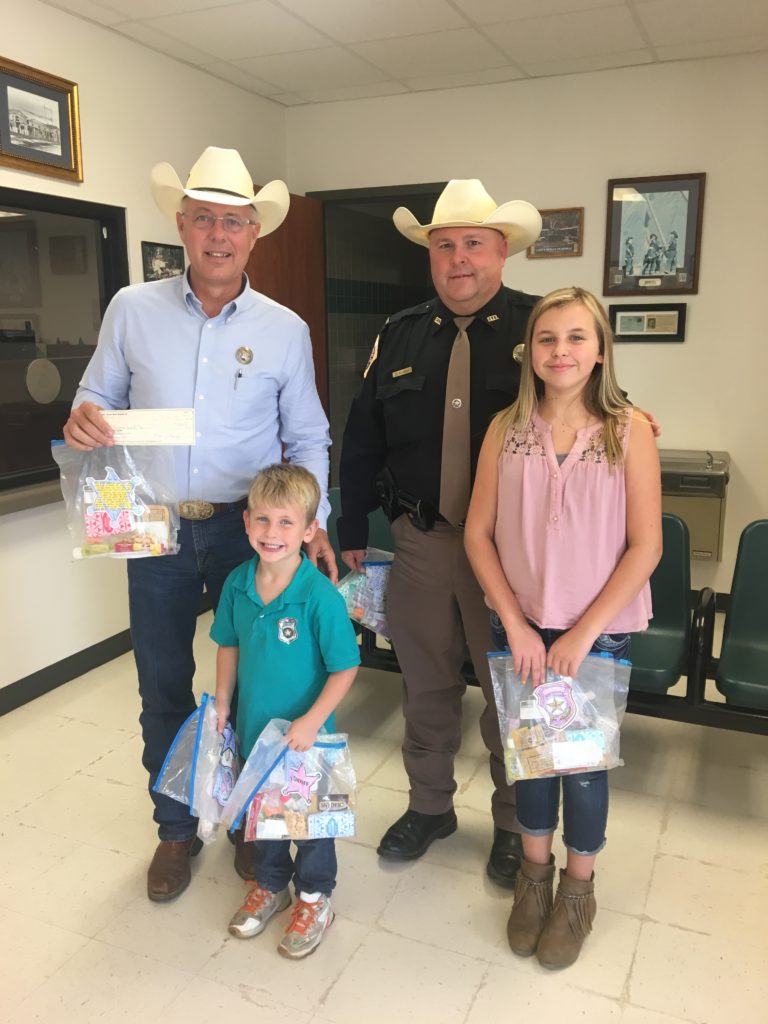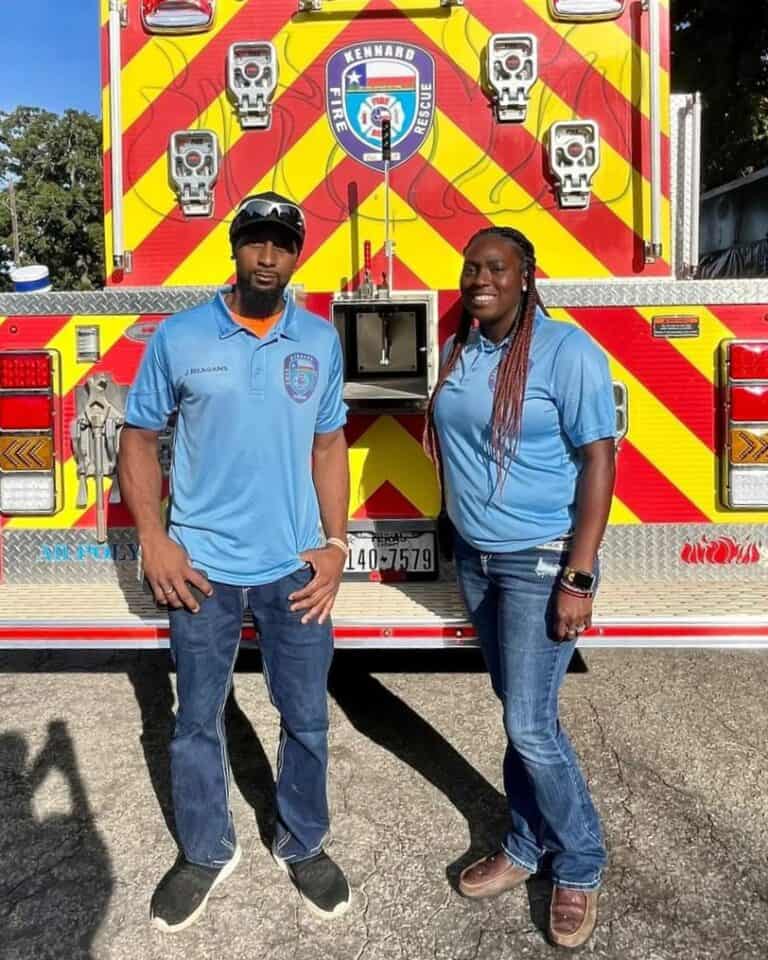Rock You Like a Hurricane

2021 Hurricane Season Expected to be Active
By Will Johnson
Messenger Reporter
EAST TEXAS – As Tropical Storm Elsa bears down on the Florida coast, it’s important to remember we are barely a month into hurricane season.
The first day of June marked the start of hurricane season and while Houston and Anderson Counties are landlocked, that doesn’t mean the effects of a hurricane cannot be felt behind the Pine Curtain.
Those who resided in the area during 2008, well remember the damage wrought by Hurricane Ike.
In a press release to mark the start of hurricane season, the National Oceanic and Atmospheric Administration (NOAA) indicated the 2021 season, which runs until Nov. 30, will likely see an increased amount of activity.
“NOAA’s Climate Prediction Center is predicting another above-normal Atlantic hurricane season. Forecasters predict a 60% chance of an above-normal season, a 30% chance of a near-normal season, and a 10% chance of a below-normal season. However, experts do not anticipate the historic level of storm activity seen in 2020.”
The NOAA forecasters further predicted, “For 2021, a likely range of 13 to 20 named storms (winds of 39 mph or higher), of which 6 to 10 could become hurricanes (winds of 74 mph or higher), including 3 to 5 major hurricanes (category 3, 4 or 5; with winds of 111 mph or higher) is expected. NOAA provides these ranges with a 70% confidence.”
One of the main reasons hurricane conditions are likely to increase is because “El Nino Southern Oscillation (ENSO) conditions are currently in the neutral phase, with the possibility of the return of La Nina later in the hurricane season. ENSO-neutral and La Nina support the conditions associated with the ongoing high-activity era,” said Matthew Rosencrans, lead seasonal hurricane forecaster at NOAA’s Climate Prediction Center.
He added, “Predicted warmer-than-average sea surface temperatures in the tropical Atlantic Ocean and Caribbean Sea, weaker tropical Atlantic trade winds, and an enhanced west African monsoon will likely be factors in this year’s overall activity.”
“Although NOAA scientists don’t expect this season to be as busy as last year, it only takes one storm to devastate a community,” said Ben Friedman, acting NOAA administrator.
“Have a family discussion about what you will do, where you will go and how you will communicate with each other when a storm threatens; Know your evacuation route; tune into your local news or download the FEMA app to get alerts, and finally – listen to local authorities as a storm approaches,” he said.
Will Johnson may be contacted via e-mail at [email protected].





